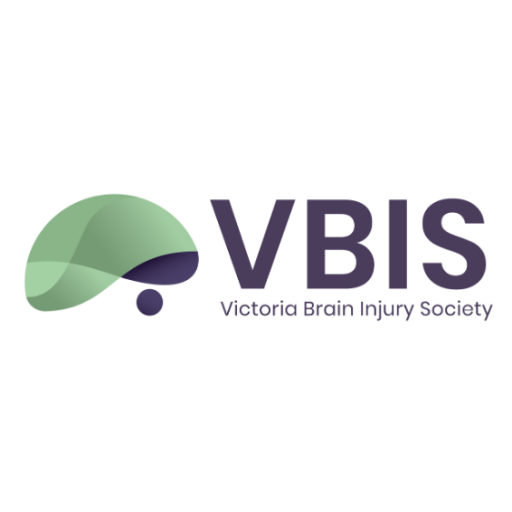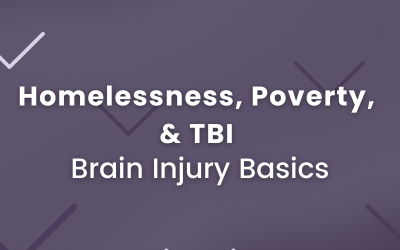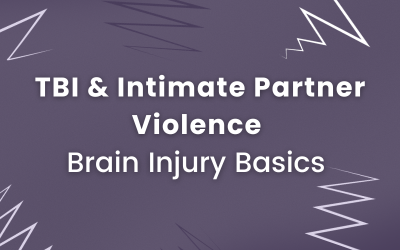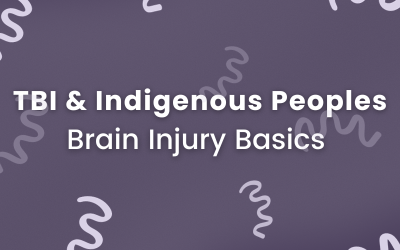For brain injury survivors, navigating changes in cognitive and emotional functioning can be a challenge. Understanding the vocabulary surrounding these challenges can be empowering.
This blog post will break down these key terms, providing clarity and insight for brain injury survivors, their caregivers, and loved ones. Understanding these concepts is the first step in finding strategies to cope and thrive post-injury.

Vocab
Neurodivergent – A person whose brain differences affect how it works
Dysphagia – Difficult swallowing
Aphasia – Unable to comprehend or formulate language due to damage to the brain; Affects how to communicate. It can impact speech, as well as the way you write and understand written and spoken language.
Emotional Dysregulation – Inability to flexibly respond to and manage emotions; Results in intense and prolonged emotional reactions, such as anger and frustration.
Dyslexia (ABI onset) – Difficult reading due to not being able to identify speech sounds and how they relate to letters and words; Individual differences in the parts of the brain that process language.
Perseveration – The continual involuntary repetition of a behaviour or thought.
Emotional Lability – Rapid and exaggerated changes in mood where strong emotions or feelings occur, such as heightened irritability or temper; uncontrollable laughing or crying).
Emotional Flooding – A surge of intense emotions that can quickly become overwhelming, make it difficult to manage feelings, or think clearly.
Ruminate – To think deeply about something; To spend time thinking.
Fibromuscular Dysplasia (FMD) – A disease that causes one or more arteries in the body to have abnormal cell development in the artery wall; Areas of narrowing (stenosis), aneurysms or tears (dissection) can occur.
By: Lori Jousi




